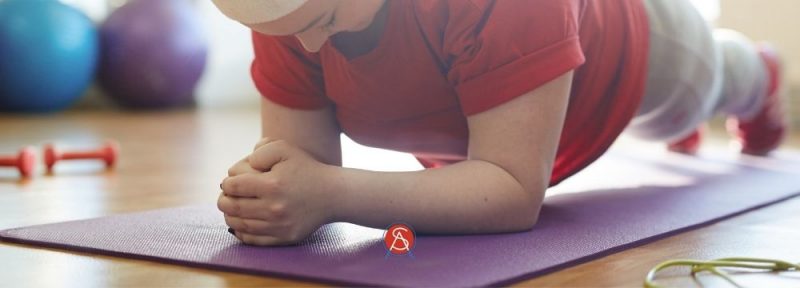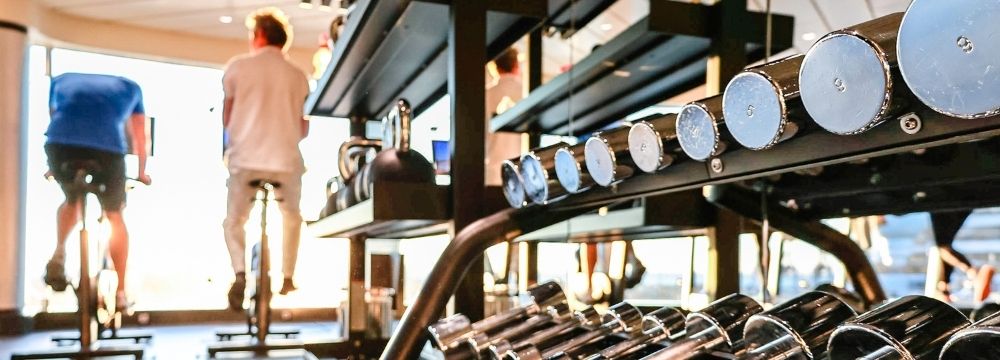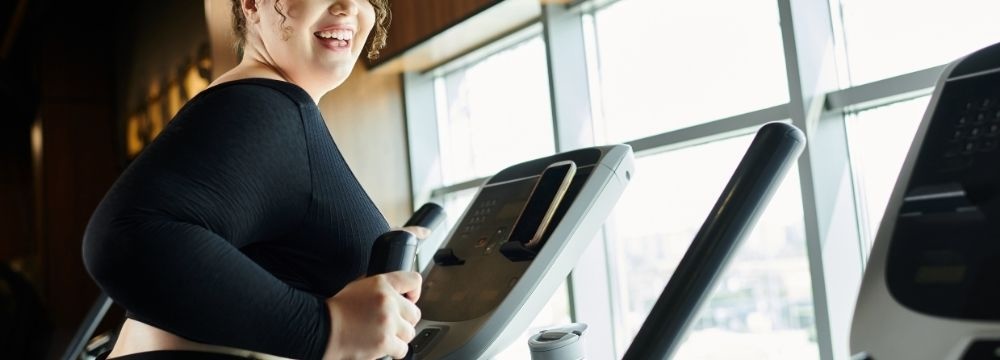While our quest for health and wellness didn’t begin with bariatric surgery, it may have very well been the jumpstart we needed to start looking at our lives and our health through a different lens. Of course, the naysayers would have you believe we are taking the “easy way out,” but nothing could be further from the truth.

Bariatric surgery is essentially the framework around which our new lifestyle and health choices can be organized. A framework does not mean the trophy. The framework is merely the path on which we must walk the walk in order to achieve our ultimate goal.
The good news, however, is the trophy is attainable, and if you really think about what it took to choose bariatric surgery, you’ll realize the victory is already within your grasp. To have made the decision to undergo bariatric surgery took a combination of guts, self-education, and faith — all necessary for any major lifestyle change.
So, if this “framework” has four corners, we could say one corner is the skilled medical team and the procedure. The second corner would be nutritional and food choices. The third corner is support and aftercare. The fourth corner is exercise and physical wellness.
Getting and Staying Fit – Building Muscle
When we talk about exercise, many think that means a relentless and exhausting showing on the treadmill, but that’s not the case at all. A key component in exercise, post-bariatric surgery, is not only maintaining, but increasing muscle mass. We’re not talking 1980s Schwarzenegger muscle mass but subtle and slow increases in how you use muscles in supporting and sustaining your metabolism and wellness.
Muscle mass is not just the cuts on a well-oiled six pack. The muscle mass we are referring to sustains and fires up your metabolism, supports your bone density, and keeps you strong and safe while you become more active.
The good news is this does not require words like “shredding,” “tearing it up,” “no pain no gain,” and certainly nobody requires you to grunt and drop the barbells. What IS required is to start pushing yourself slightly further from where you are now by using resistance bands, light weights and, with your bariatric surgeon’s OK, a weight training program or class (or DVD) that begins to isolate and target muscle groups you may not have used for a long time.
Why is this important?
In addition to creating a leaner and a more fit look, muscle mass and larger muscle groups act like a furnace churning up your metabolism and using calories at a quicker rate. Think of them like a roaring fire that requires more and more firewood. That fire keeps going even when muscles are inactive, and those calories begin to melt more quickly.
No one said walking into a gym is the most comfortable feeling in the world. This may hold true before surgery, after surgery, and even when we reach our ideal weight. But weight training doesn’t have to mean hitting the racks. Weight training can be done in the comfort of your home, in a group class atmosphere at the gym, or slowly and simply by carrying a little extra weight in your hands or on your ankles during your morning walk. There are lots of ways to increase muscle mass, and as you slowly begin to develop and build it, you become stronger and more confident in increasing and maximizing your lean muscle.
So, while exercise is only one corner of the framework of your new lifestyle, it is an integral component of the whole package. The more muscle mass you develop, the stronger, leaner, and more confident you become. If you are looking to have a gastric sleeve or gastric bypass, please contact our office for a consultation.










